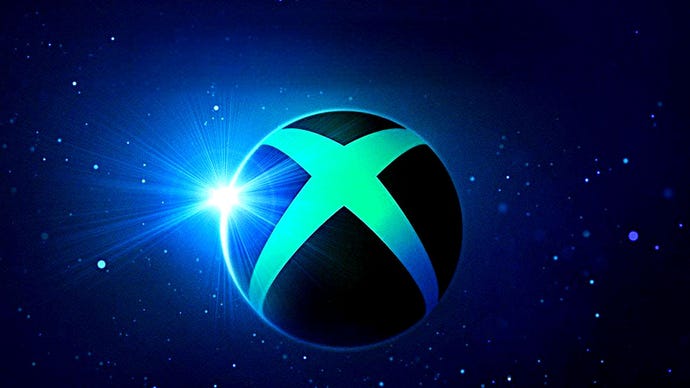Microsoft hopes for quick resolutions in other jurisdictions after FTC defeat
The Competition and Markets Authority may or may not waver after FTC loss.
With Microsoft now able to purchase Activision Blizzard after the FTC lost its bid for an injunction, the company is setting its sights on getting the deal passed with UK's regulatory body.
In April, the Competition and Markets Authority (CMA) blocked the acquisition, whch Microsoft quickly appealed, stating it would explore other options to acquire the Activision Blizzard. The CMA also tried to delay Microsoft’s appeal, an effort blocked by the Competition Appeal Tribunal (CAT).
Microsoft's president Brad Smith took to Twitter to state the following on the federal judge's decision in favor of the company: "We are grateful to the Court in San Fransisco for this quick and thorough decision and hope other jurisdictions will continue working towards a timely resolution. As we've demonstrated consistently throughout this process, we are committed to working creatively and collaboratively to address regulatory concerns.
"After today’s court decision in the US, our focus now turns back to the UK. While we ultimately disagree with the CMA’s concerns, we are considering how the transaction might be modified in order to address those concerns in a way that is acceptable to the CMA."
After the FTC's loss at blocking the aquisition it appears the CMA and Microsoft have agreed to negotiate on the Activision Blizzard deal in the UK with litigations now on hold.
"Microsoft and Activision have agreed with the CMA that a stay of the litigation in the UK would be in the public interest and the parties have made a joint submission to the Competition Appeal Tribunal (CAT) to this effect," said Smith.
In May, the European Commission approved Microsoft's acquisition of Activision Blizzard after it made a 10-year commitment regarding its cloud services and to keep Call of Duty on PlayStation and bring it to Nintendo systems.
The body found that Microsoft would not have the incentive to withhold games from competing consoles in Europe, especially since PlayStation is the best-selling console in Europe and Call of Duty isn't as popular in the region compared to the US market.

